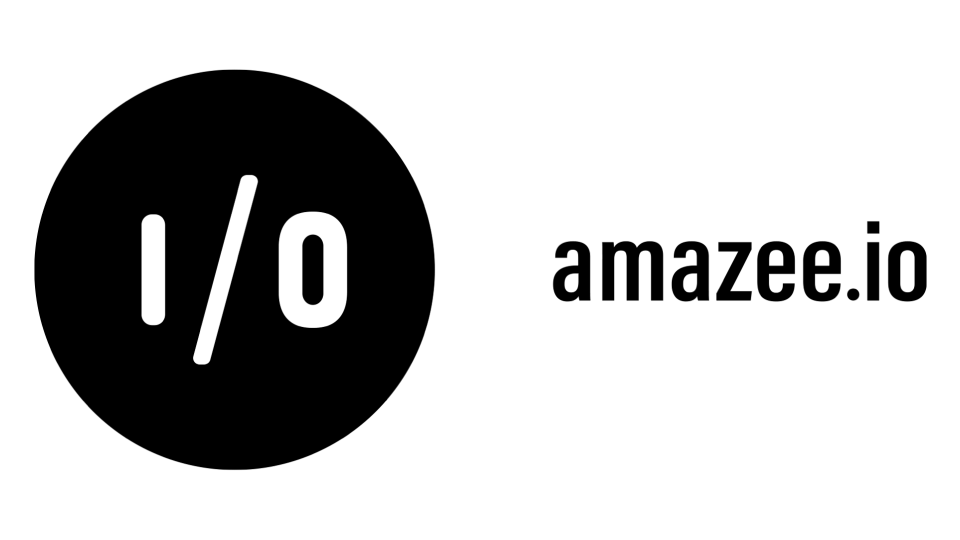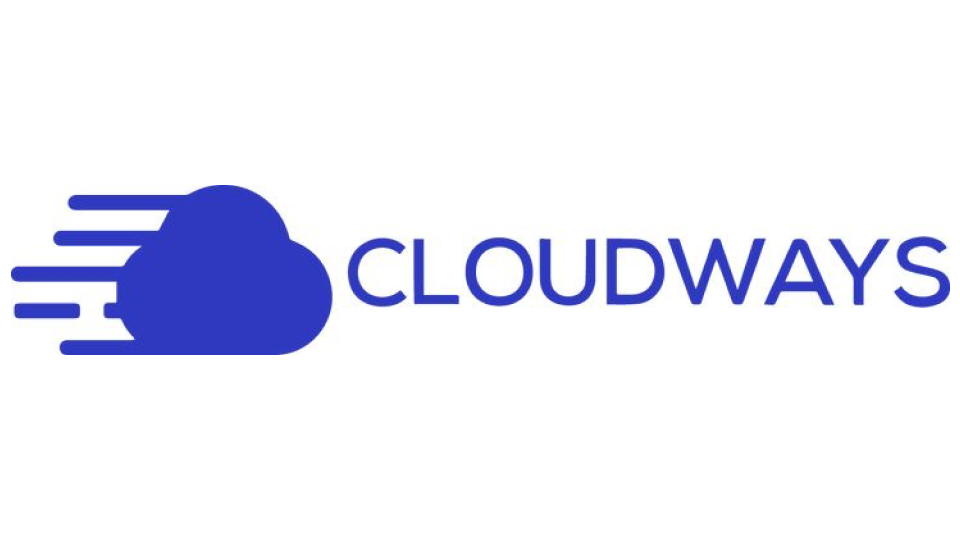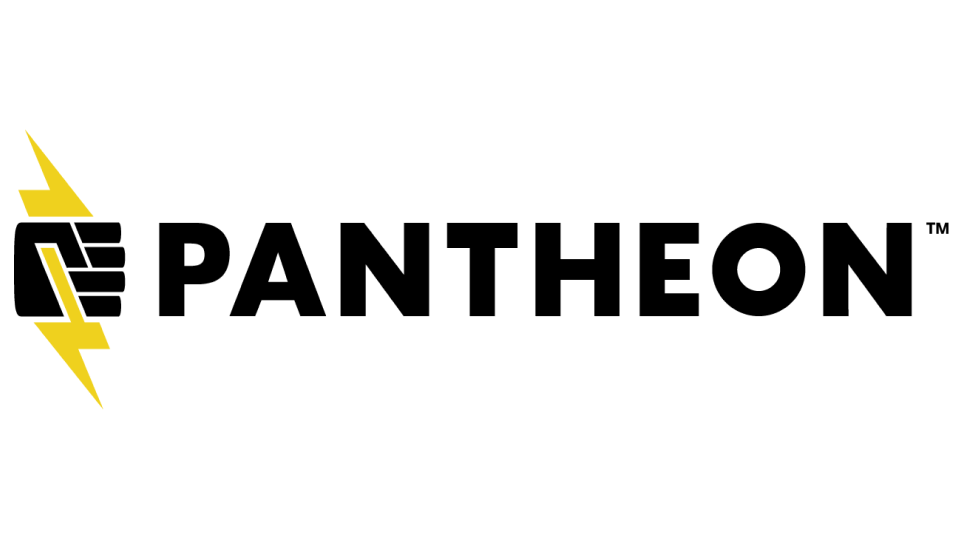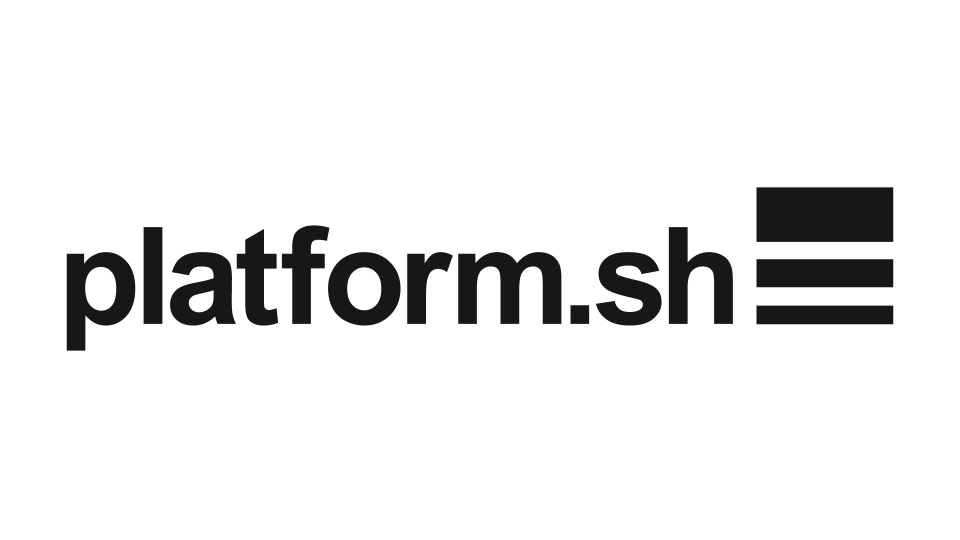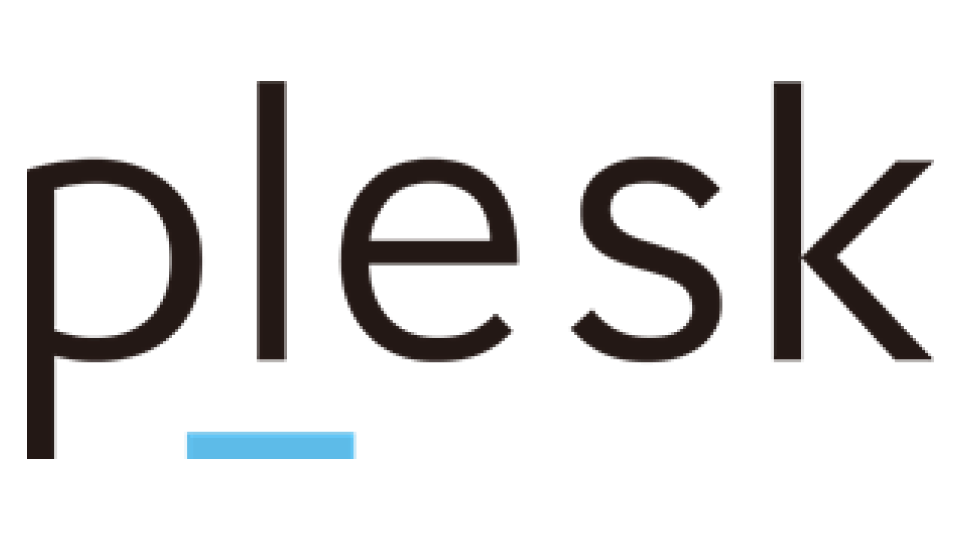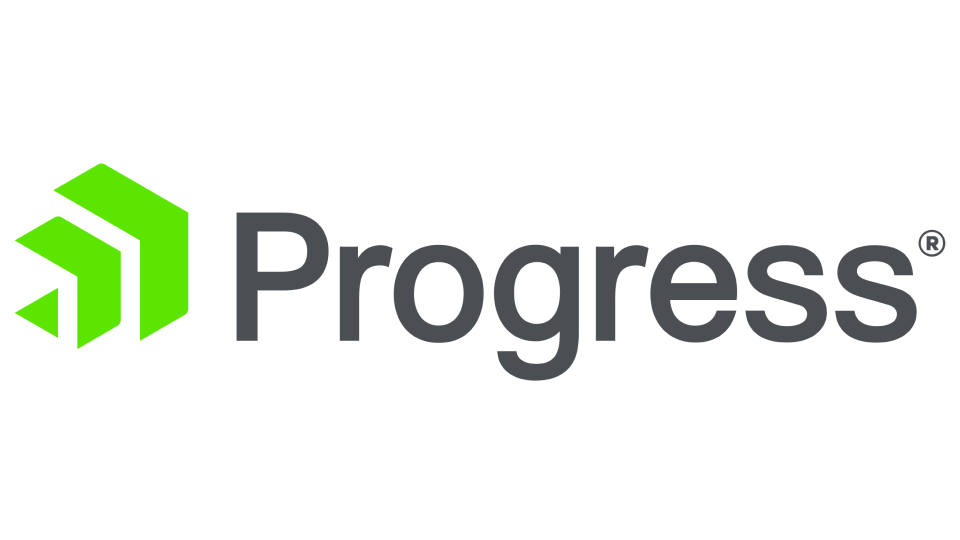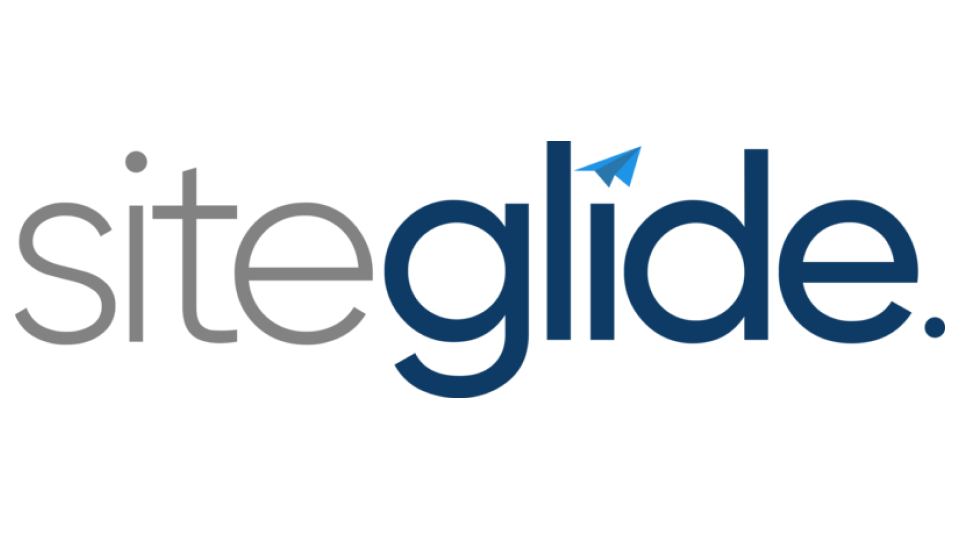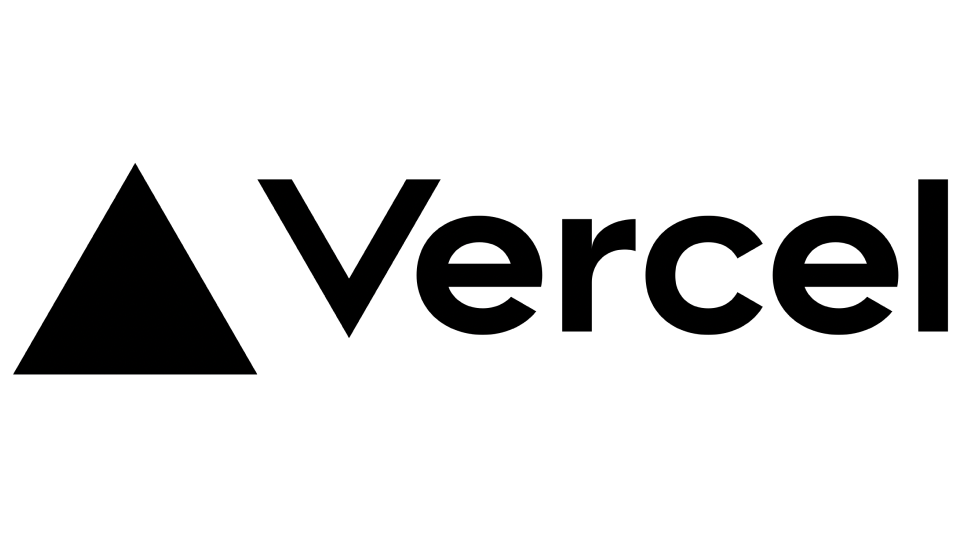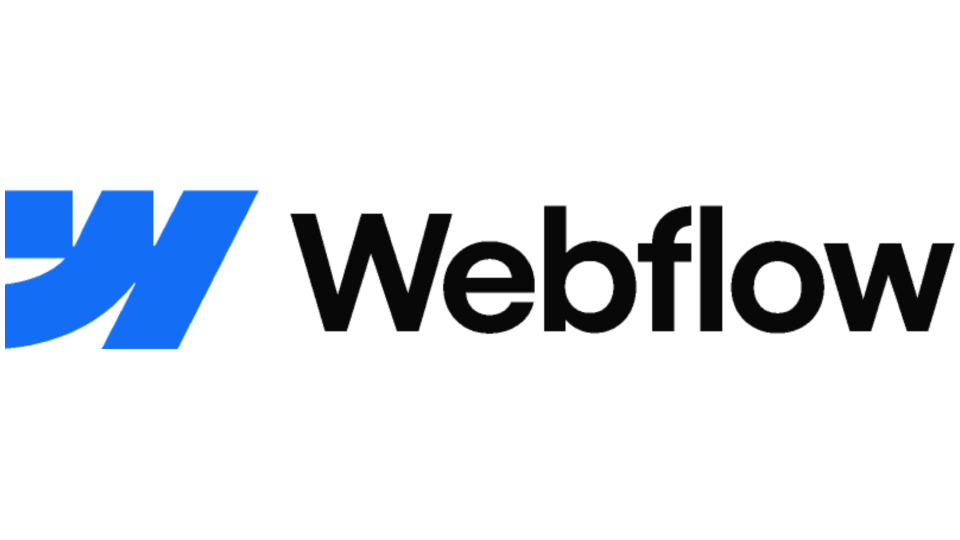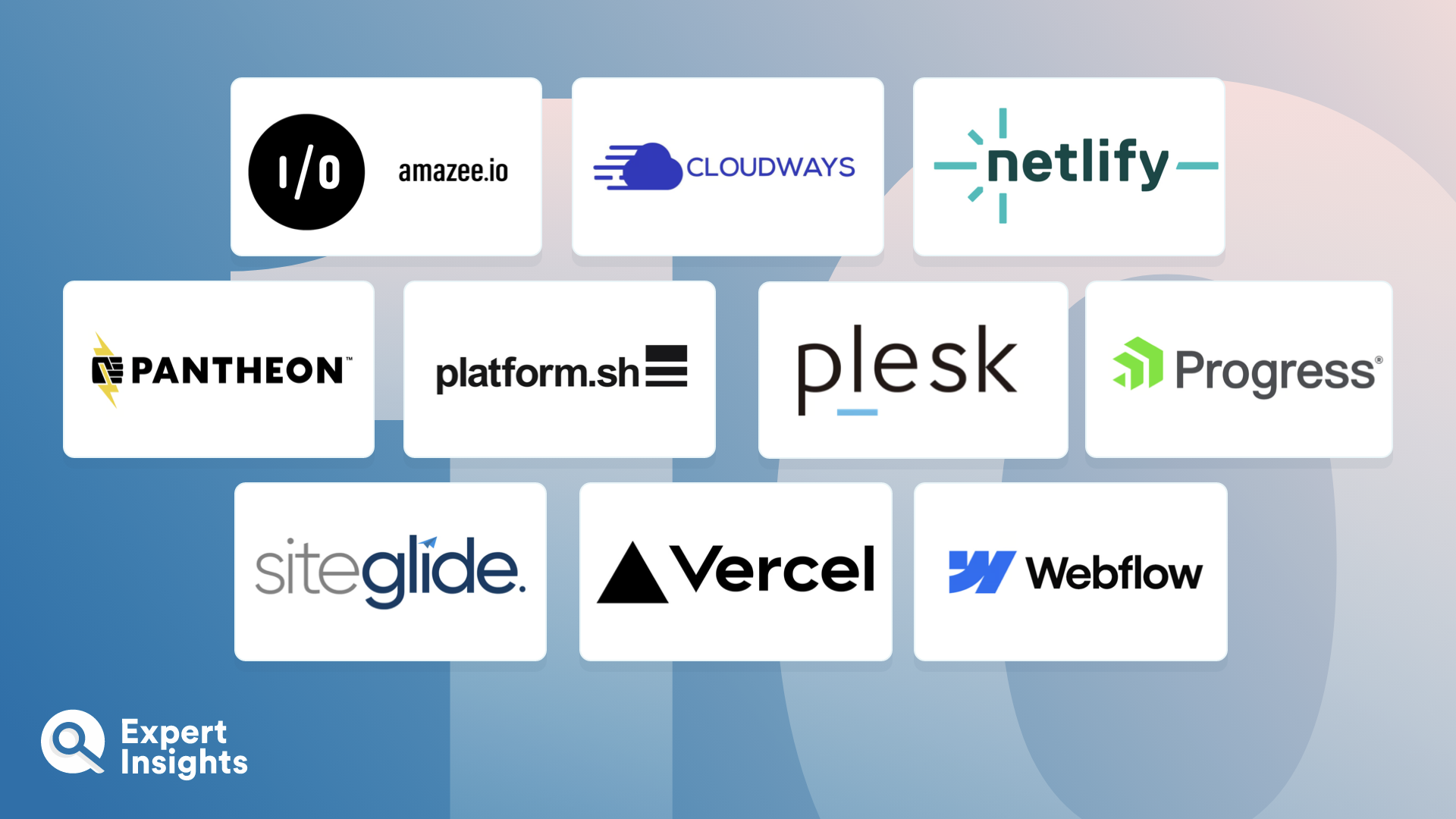WebOps platforms streamline and automate the processes involved in web development, deployment, and operations. To achieve this, these platforms provide a centralized environment for managing the entire web development lifecycle, typically integrating tools and workflows for coding, testing, deployment, monitoring, and maintenance.
There are numerous benefits to implementing a WebOps platform, helping organizations to streamline processes and improve overall performance. By automating repetitive tasks such as code deployment, testing, and monitoring, and enabling continuous integration and delivery (CI/CD), WebOps platforms reduce the time and effort required to release updates and new features. This, in turn, helps organizations accelerate time-to-market, improve the quality of their code, and enhance overall agility in their web development and operations. These platforms also foster collaboration among developers, operations teams, and other stakeholders by providing centralized communication channels and tools for sharing code, tracking changes, and resolving issues collaboratively.
In this article, we’ll explore the top WebOps platforms that are designed to help you deliver high-quality web experiences and respond quickly to changing market demands. We’ll highlight the key use cases and features of each solution, including automated testing, CI/CD support, monitoring and logging, collaboration tools, and deployment orchestration.



